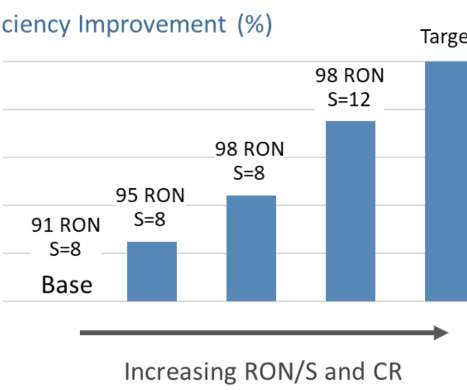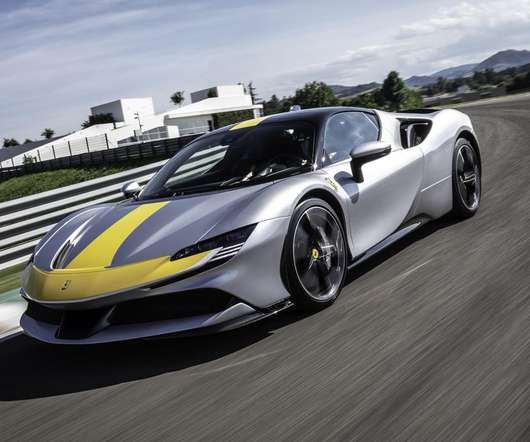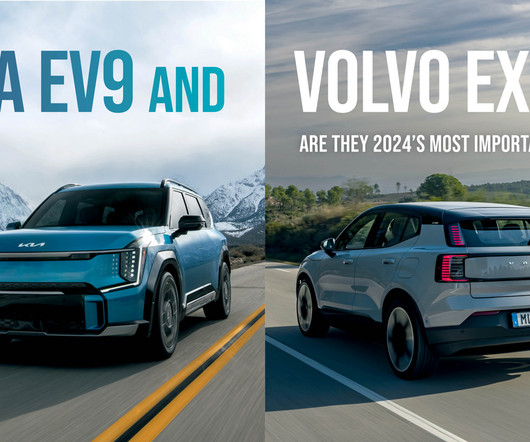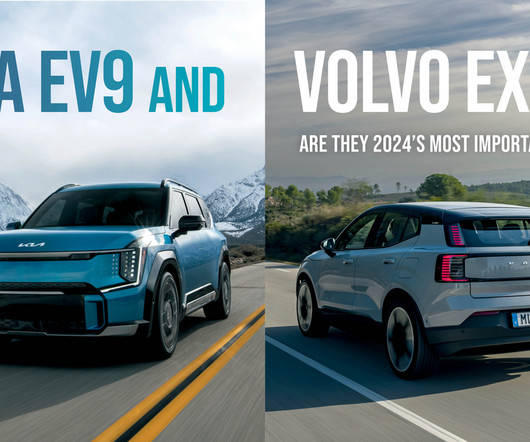SAE High Efficiency IC Engine Symposium opens with consideration of alternative engine designs
Green Car Congress
APRIL 23, 2012
SAE’s 2012 High Efficiency IC Engine Symposium in Detroit—the second as an immediate precursor to the SAE World Congress—opened on Sunday with a consideration of several alternative engine designs: opposed piston 2-stroke (Achates Power); variable compression ratio (MCE-5); split cycle (Scuderi); and advanced rotary (Liquid Piston).




























Let's personalize your content